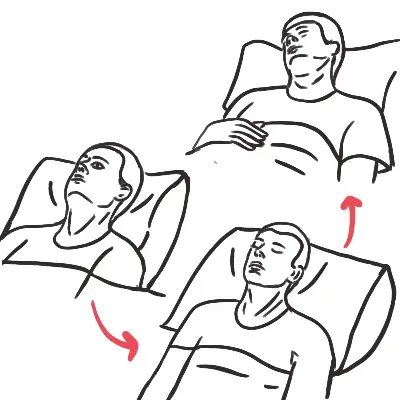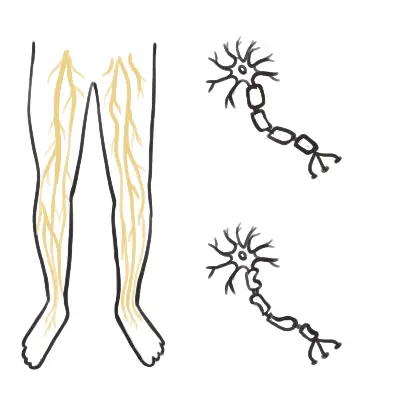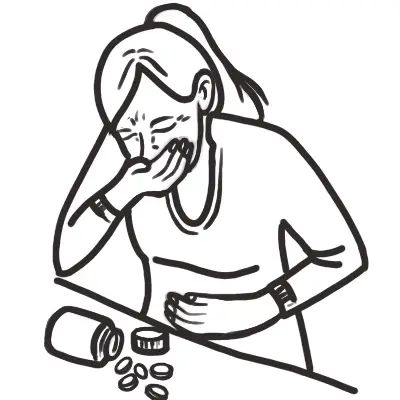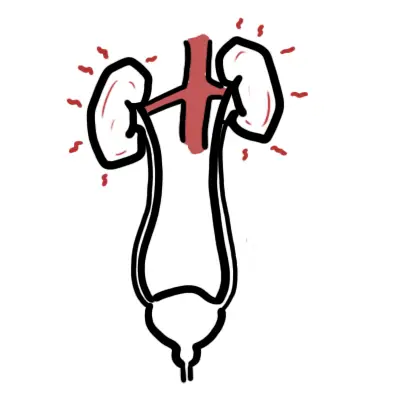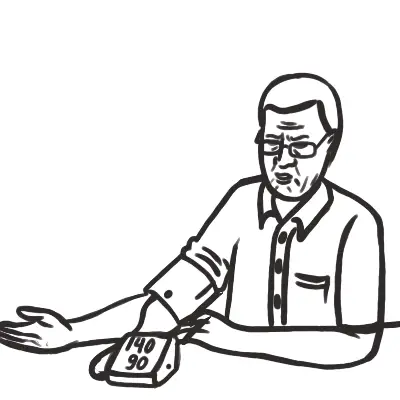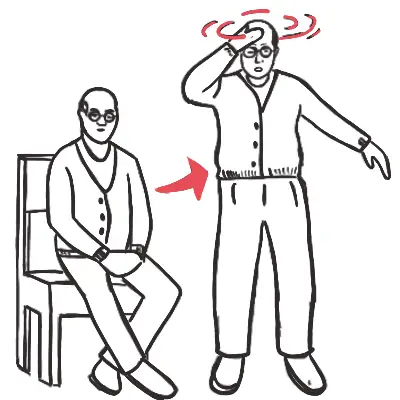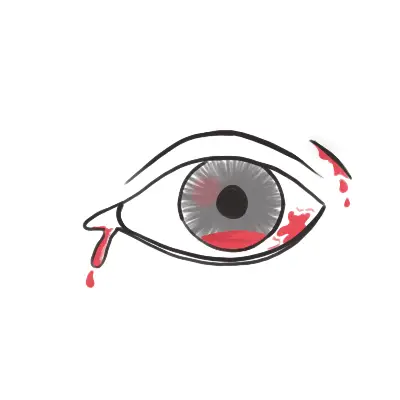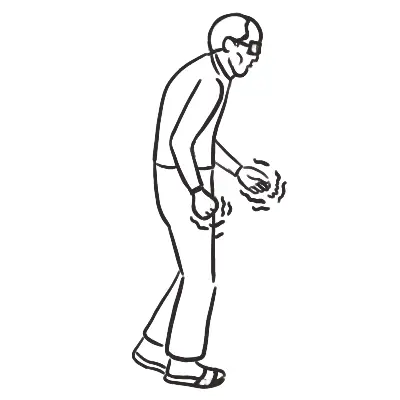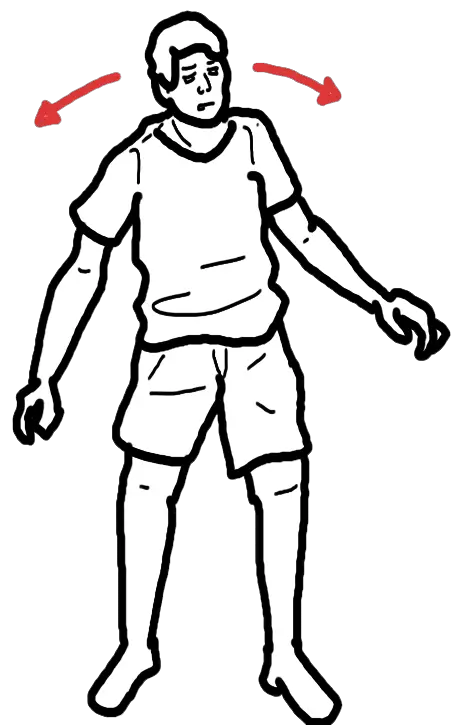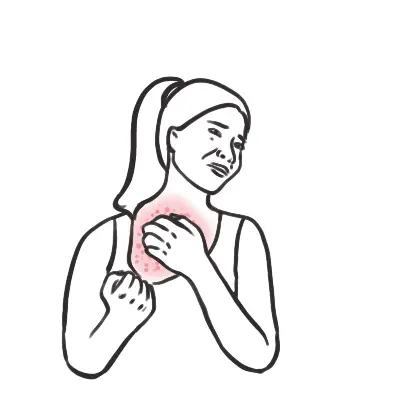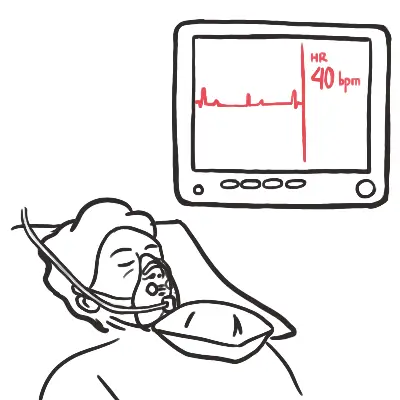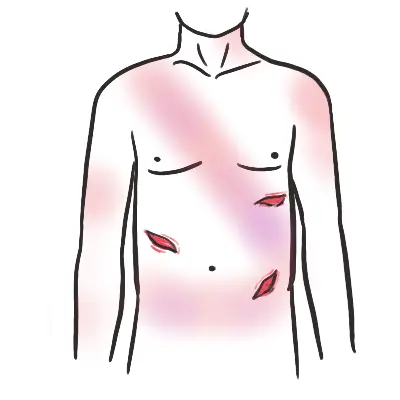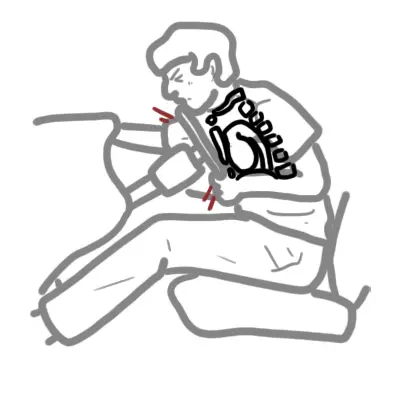Notes »
clinical
Altered level of Conciousness
Overview
| Definition Delirium: Cognitive impairment typically caused by acute illness or drug toxicity (sometimes life threatening) and is often reversible. Delirium mainly affects attention. Confusion: disturbed orientation in regard to time, place, or person, sometimes accompanied by disordered Dementia: Cognitive impairment typically caused by anatomic changes in the brain, has slower onset, and is generally irreversible. Dementia mainly affects memory. |
Differential diagnosis of altered level of Consciousness - AEIOUTIPS)
- Alcohol
- Electrolyte imbalance, Endocrine problems
- Insulin (Hypoglycemia)
- Opiates or Overdose
- Uremia or Underdose
- Trauma (Closed Head Injury), Temperature (Hypothermia, hyperthermia), or Toxemia, Brain Tumor
- Infections (Sepsis, Meningitis, Encephalitis)
- Psychogenic, Poisoning (Toxin Ingestion)
- Space occupying lesions, Stroke (including Intracranial Pressure), Shock, Seizure
| Remember Confusion is not specific to delirium; it may be found in other psychiatric disorders, such as dementia or depression. |
| Difference between Dementia and Delirium | ||
| Dementia | Delirium | |
| Onset | Sub-acute | Acute |
| Conscious level | Normal | Fluctuates |
| Hallucinations | Late event | Common |
| Agitation/agression | Uncommon until late | Common |
| Thought form | Poverty of thought late | Flight of ideas |
| Memory | Slow decline | Poor |
Approach
- History
- Examination
- Investigation
- Blood sugar level
- FBC
- EUC
- Paracetamol level
- Alcohol level
- Urinalysis
- Urine drug screen if available
- +/- Head CT/MRI
Altered level of consciousness turning agitated and violent
Steps to take
- Assess
- Reassurance
- Verbal de-escalation
- Empathy
- I want to help
- Positive
- Physical restraint
- Indications
- Preventing harm to the patient
- Preventing harm to other patients
- Preventing harm to staff
- Preventing serious disruption or damage to the environment
- To assist in assessing and management off the patient
- Mental Health Act Victoria 2014
- Indications
- Chemical restraints
- Indications as above
Management - chemical retraint
- Benzodiazepam or antipsychotics - Oral
- Benzodiazepam or antipsychotics - IM/IV
| Think If someone is aggressive, person probably would not want to take in any medication orally or have something injected Intravenously. |
Complications of Chemical restraining
- Benzodiazepams overdose
- Antipsychotics overdose
- Anticholinergic syndrome
- Neuroleptic malignant Syndrome - Atypical antipsyhotics

